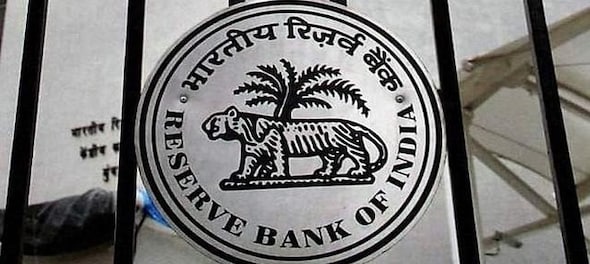
Since the introduction of the Retail Direct Scheme by the Reserve Bank of India (RBI), more than 35,000 individual investors are directly buying government bonds on the central bank's platform, making it a resounding success. Also, sovereign bonds now yield more interest than traditional bank FDs, making them a convenient option for people to invest their savings.
Live TV
Sovereign bonds can be easily sold, and they yield an interest of 6.50 percent semi-annually, which is more than the interest rate of 5.40-6.30 percent for similar tenure offered by the State Bank of India (SBI).
The RBI Retail Direct platform has made it easier for retail investors to buy and sell government bonds or gilts online. The daily transactions now are running into lakhs of rupees, and it can be pushed further if the government agrees to the RBI’s suggestion of making the interest earned on these bonds tax-exempt for retail buyers.
"Even if interest payment is waived from income taxes depending on slabs and ceilings, it will give a big push," an executive familiar with the matter told The Economic Times.
The RBI launched the Retail Direct Scheme in November 2021 with an aim to draw household savings to the government bond market which was primarily dominated by banks and institutional investors.
Under the scheme, retail investors can open a Retail Direct Gilt (RDG) account via the online portal, and they can directly invest a minimum of Rs 10,000 and maximum of Rs 2 crore per security.
The retail investors can not only place a non-competitive bid in primary issuance of all central and state government securities but also access the secondary market through Negotiated Dealing System-Order Matching (NDS OM), RBI’s trading system.
Earlier, the Economic Survey 2021-22 suggested that the scheme will be useful in driving the savings of the middle class, small businessmen and senior citizens into risk-free government securities (G-Secs).
The RBI will be launching an awareness campaign across the country with dedicated counter offering opportunities to earn higher yields.
The objective is to reach at least 1 percent of the country's total population in the next two years, as per Economic Times sources.
Trends suggest that the transactions in the existing 35,000 accounts are also increasing. The rise in non-competitive bids is indicative of retail participation in primary auctions. The government of Rajasthan received 16 non-competitive bids for Rs 103.4 crore, which is a jump from 11 bids for Rs 51 crore made in November.



